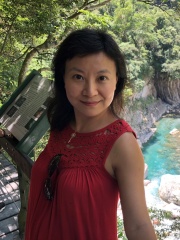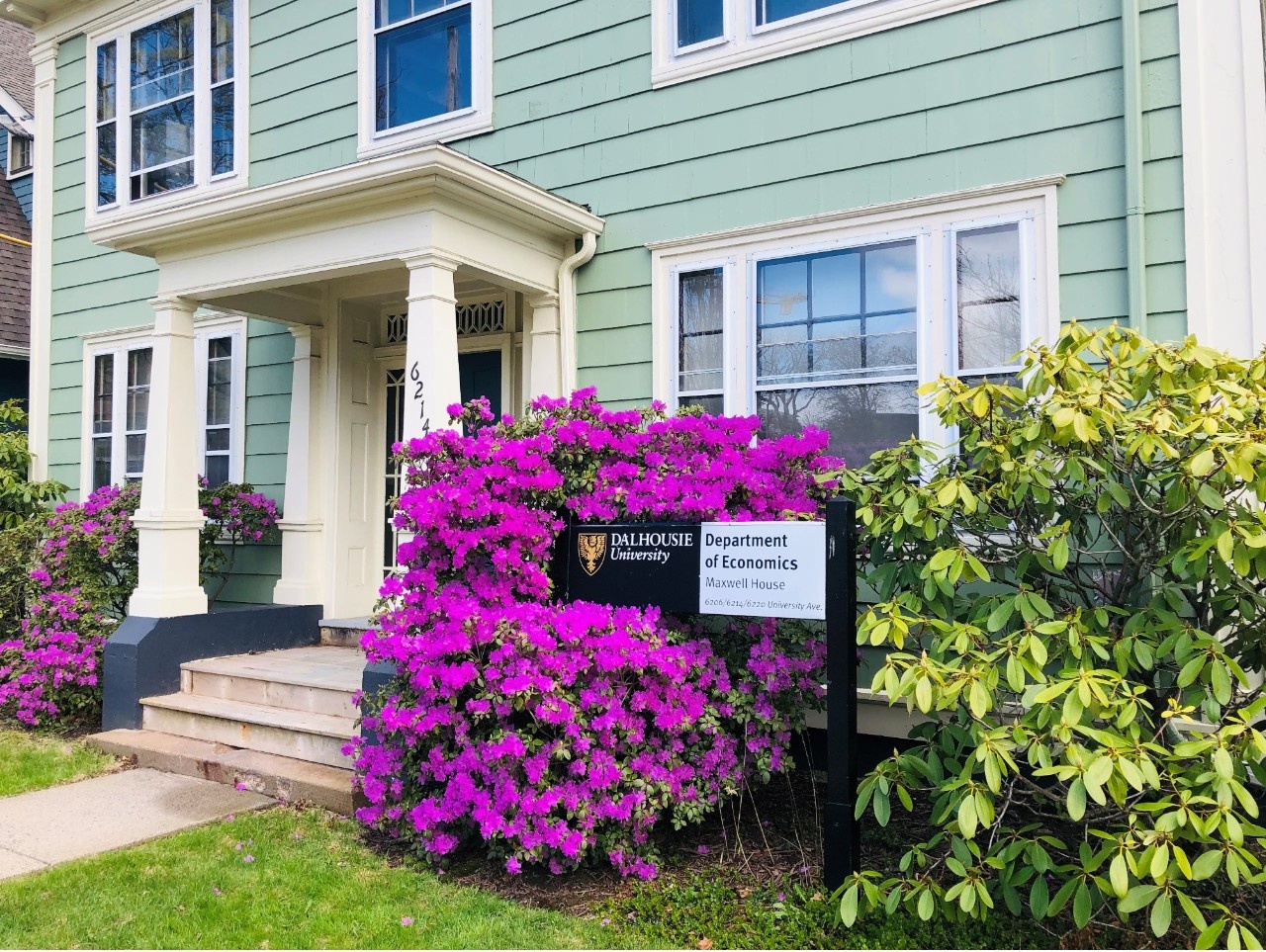Nan Geng
MA, 2004

It’s a very special community—both small and student-centered—which fosters the diverse interests of students and provides lots of precious opportunities to grow.
Nan Geng - MA 2004 - is currently an economist in European Department of the International Monetary Fund (IMF). She graduated from the Master’s in Economics program at Dalhousie University in 2004 and obtained a PhD in Economics from University of California, Santa Cruz, before joining the IMF in 2010—an organization that was at the top of her potential employer list.
Nan has now enjoyed a fulfilling eight years filled with memorable international experiences at the IMF. She has traveled to and worked with people from many countries in Europe and the Asia-Pacific region where her work has impacted countries’ macroeconomic policies. She has published on a broad range of topics in economics journals, books, and as IMF working papers; she has been cited widely, including in The Economist. Outside working hours, her 8-month old daughter, Ainan, and 5-year-old son, Sinan, keep her happily busy.
“Coming back to my alma mater for a talk on one of my recently published IMF working papers brings back a lot of cherished memories,” Nan says. “I travelled abroad for the first time from China to study at Dalhousie with a full scholarship in the fall of 2003 when I was a shy girl. I fell in love at the first sight of our Economics department and the nice faculty and staff there who make me feel like it’s home.
“It’s a very special community—both small and student-centered—which fosters the diverse interests of students and provides lots of precious opportunities to grow. For me, this included working as the research assistant for Prof. Lars Osberg on a UN project, evaluating poverty. Lars later became my thesis advisor and Prof. Kuan Xu was on my thesis committee. They provided strong intellectual rigour alongside practical lessons for life, and have profoundly influenced my career. They were patient and had a knack for explaining complex things in very clear ways. When I need to explain something complex to a junior colleague or to a minister or government official, I still think about how Osberg and Xu would explain it.
“They also taught me to think closely about what I wanted to do and what is important to me. When you really enjoy what you are doing, you will excel at it. They will always remain role models for how I work with colleagues and partners at the Fund.”
